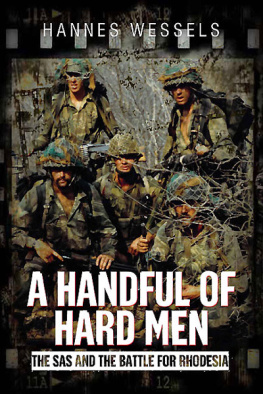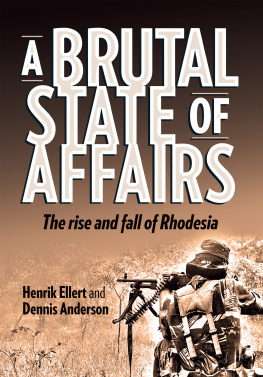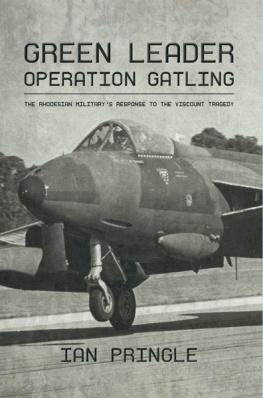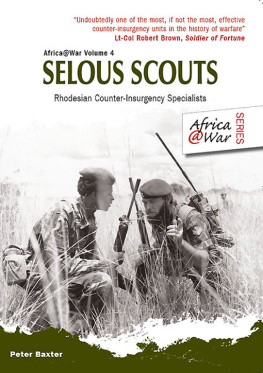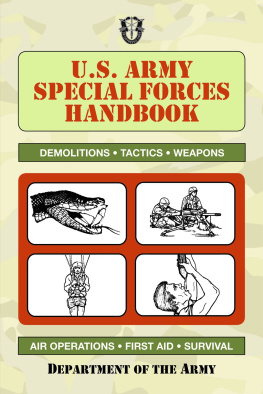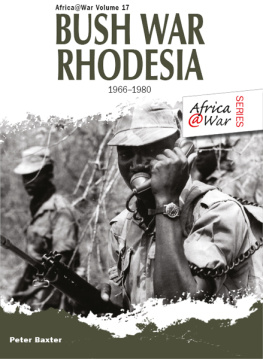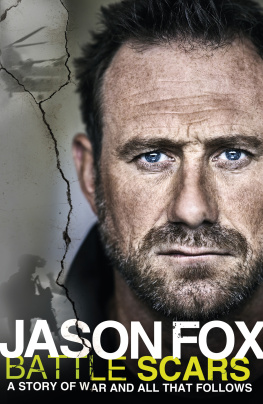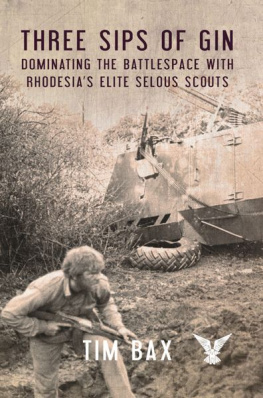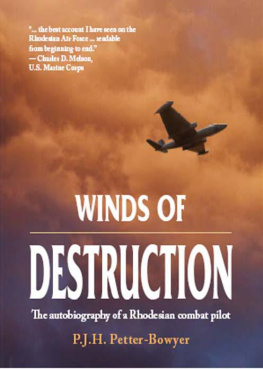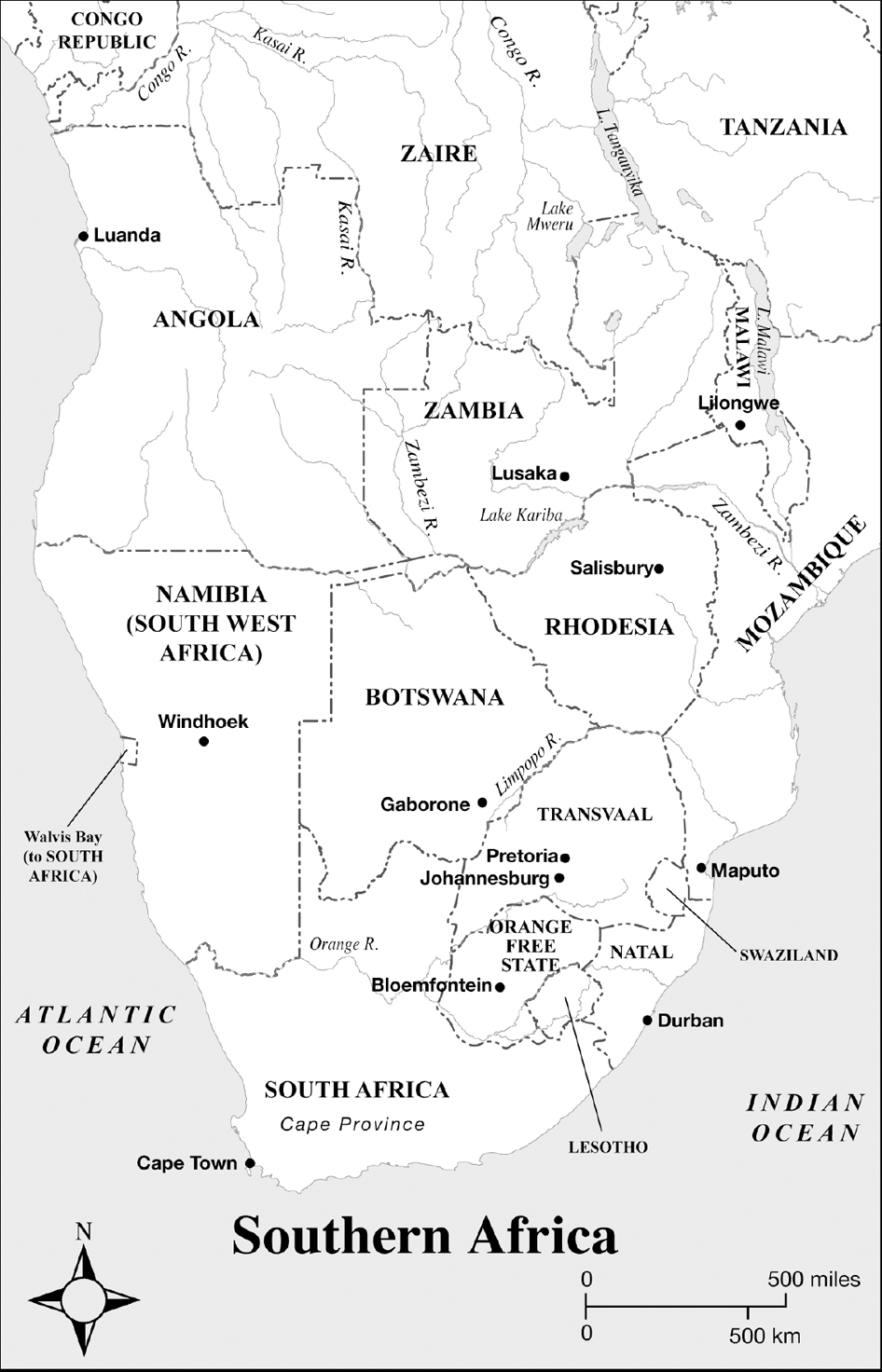
Published in the United States of America and Great Britain in 2015 by
CASEMATE PUBLISHERS
1950 Lawrence Road, Havertown, PA 19083
and
10 Hythe Bridge Street, Oxford, OX1 2EW
Copyright 2015 Hannes Wessels
ISBN: 978-1-61200-345-0
Digital Edition: ISBN 978-1-61200-346-7
Cataloging-in-publication data is available from the Library of Congress and the British Library.
All rights reserved. No part of this book may be reproduced or transmitted in any form or by any means, electronic or mechanical including photocopying, recording or by any information storage and retrieval system, without permission from the Publisher in writing.
10 9 8 7 6 5 4 3 2 1
Printed and bound in the United States of America.
For a complete list of Casemate titles please contact:
CASEMATE PUBLISHERS (US)
Telephone (610) 853-9131, Fax (610) 853-9146
E-mail:
CASEMATE PUBLISHERS (UK)
Telephone (01865) 241249, Fax (01865) 794449
E-mail:
CONTENTS |
Appendix A
The Unilateral Declaration of Independence |
Appendix B
SAS Roll of Honour |
DEDICATION
TO THAT SPECIAL BREED OF PEOPLE
WHO BUILT A SPECIAL COUNTRY.
ACKNOWLEDGMENTS
T
o all the former members of the Rhodesian SAS and other members of the armed forces who helped and encouraged me with this book but with special thanks to Darrell, Andr and Richard without whom I could not have written it at all.
To Mark Jackson, Steve Kluzniak, Frans Botha, Bas Jolliffe, Rob Johnstone and Willem Ratte for use of photographs and reference material. I know there are others who I should thank in this regard but in the mists of time I have not been able to identify or find all those whose photos have been used. Special thanks to Chas Lotter for allowing me to use his poems which so poignantly capture the mood of those times. And thanks to my old friend and mentor Al Venter who has been a constant support and source of excellent advice.
Dave and Jill Stone, Robin and Jill Hammond, Jerry Engelbrecht, Dick Oldridge and my sister Helga for reading, proofing and advising. To Jerry Buirski for quick editing when I needed it and for his encouragement. To Alan Mezzetti for the technical and moral support that has been gratefully received.
To my long-suffering wife Mandy for her patience, resilience and unwavering support as we have rolled with the punches that have challenged us in writing and publishing.
AUTHORS NOTE
S
o much has been written about the Special Air Service, one may well ask if it has not been overdone. I asked myself that question.
The answer might be a qualified yes, particularly if one holds the view that in recent years, fact has repeatedly been mixed with fiction, leaving an element of confusion in the minds of readers as to what is true and what is not. Everyone loves a hero and sometimes they are hard to find in real life, so enter the novelists to manufacture the characters they need under the legend of the Winged Dagger.
I am happy to say that in writing this book, I faced no such dilemma; the material is true and speaks for itself. But this is more than a war story; it is also the story of a people and a country.
To the best of my knowledge, history offers no record of a nation more isolated, ostracised and bereft of allies and no soldiers who fought against greater odds with fewer men or resources as paltry, than those of what was known as Rhodesia. Nor does history tell us of any polity that developed as fast: from tribal primitivism to First World civility and sophistication in sixty years, only to be destroyed with even greater rapidity in little more than two decades.
While the country once known as Rhodesia survived only ninety years, it existed in the tumult that surrounded two world wars, the collapse of the European empires and the unfolding of the Cold War. Victims of the vicissitudes of history, the Rhodesians suddenly found themselves international outlaws facing down Western opprobrium and Communist aggression. The proxy war for the world was on and southern Africa, particularly South Africa, possessing enormous mineral and strategic value, was firmly in Sino-Soviet sights. But a primary obstacle was Rhodesia, so it should come as no surprise that Moscow and Beijing supported the liberation movements energetically and generously. It was into this vortex that the Rhodesian soldier was thrown and so it begs the question: what if they had chosen not to fight and capitulated in the mid-1960s as the world demanded they do? Stalinist-type rule would almost certainly have followed and powerful direct economic, political and military pressure would have immediately been applied to South Africa. Just how this would have affected world history is impossible to deduce but the ramifications would have been enormous. Simply put, this did not happen because the Rhodesians chose to fight and this is the story of some of the stalwarts of that struggle.
It is also an honest, and I sincerely hope, readable attempt to tell some of the story of the country through the eyes and deeds of exemplary soldiers battling unbelievable odds, against a backdrop of relentless treachery and sometimes deadly political intrigue. Out of this emerges a testament to what the few are capable of achieving when they possess skill, stamina, courage and, above all, a belief in the righteousness of their cause. But this is not about supermen; it is about uncomplicated people imbued with simple but powerful values which drove them to extraordinary performances. It is about the same breed of fighting men from the same country who battled so valiantly in two world wars to keep the free world free.
Much of this tale is about a self-effacing, quietly spoken man by the name of Darrell Watt and some of those with whom he served. It tells how they, in the face of sometimes impossible adversity, came within an ace of thwarting history by destroying the forces ranged against their country by killing many and demolishing the platforms that launched them. Sadly, one is left in little doubt that if his peers in the political and military hierarchy had displayed a semblance of the same devotion to duty, the outcome of the conflict would have been radically different.
Just where Watts feats place him in the pantheon of Special Forces soldiers may be grist for the discussion mill but what is unquestionable is that he demonstrated extraordinary professionalism in the course of a thirteen-year war during which he was seldom far from the cauldron. Astonishingly, despite his almost routine heroics, he received precious little recognition and many of his exploits appear to have gone unrecorded. The reasons for this remain unclear but the Rhodesian army was certainly not immune to the blight brought by professional jealousy. What is abundantly clear is his achievements are the stuff of legend and the grandeur of the regiment he so gallantly served is massively enhanced by his contribution.
I have used the word terrorist in the book with some reservation when referring to the armed members of ZANLA Some would argue a terrorist is simply someone who uses violence in order to achieve a political end. That is to oversimplify. Few wars are fought without a political objective and we invariably accept that the combatants are soldiers, not terrorists. I use the word because their methodology for waging war was, in the main, not synonymous with what one expects from soldiers. I say in the main because all who fought in this war will readily acknowledge that there were men and women within the ranks of the enemy who fought bravely and honourably for a cause they believed in and are deserving of respect, but alas they were the minority.
Next page
